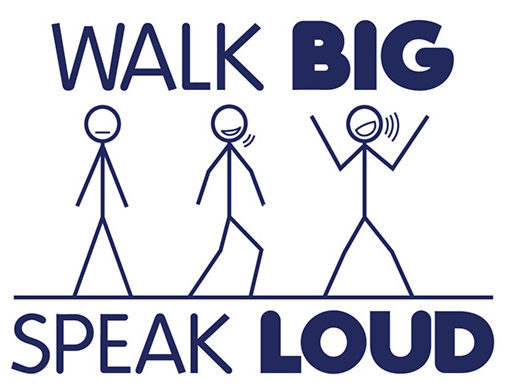
- This event has passed.
LSVT BIG / LOUD: Parkinson’s Disease Therapy Lunch & Learn
October 4, 2018 @ 12:00 pm - 1:30 pm
FREE
The LSVT BIG and LSVT LOUD programs are intense physical therapy and speech therapy exercise programs that are proven to help individuals living with Parkinson’s Disease and other neurological disorders.
Documented improvements include:
- Faster walking with bigger steps
- Improved balance
- Increased trunk rotation
- Improved vocal loudness
- Improvement in vocal quality and ability to communicate
Lunch menu:
- Roast beef
- Mashed potatoes and gravy
- Pas and carrots
- Cupcake
- Beverage
The LSVT Lunch & Learn is open to the public and registration is required to get an accurate meal count. To reserve your spot call the Therapy Services Department at 320.634.2015 by 10:00 am on Wednesday, September 26.


